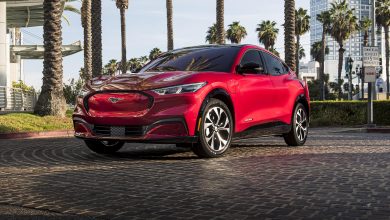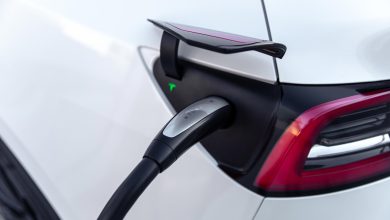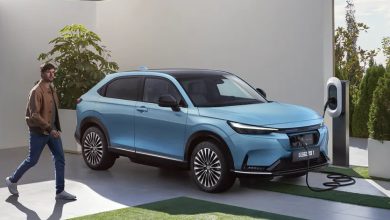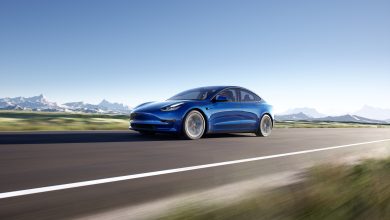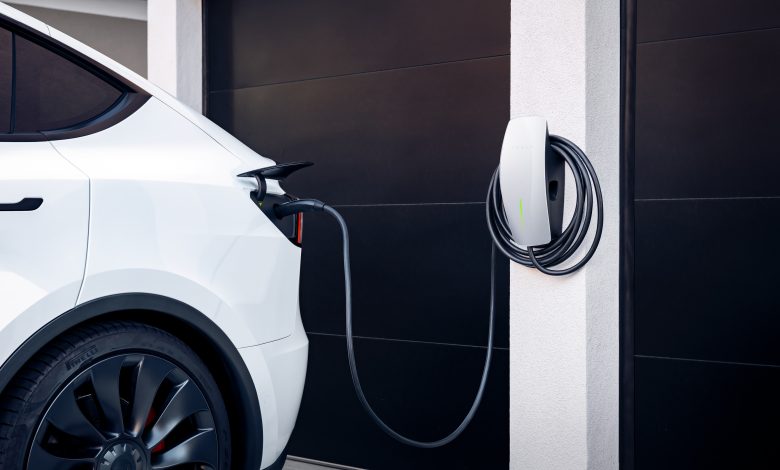
The US Treasury Department has announced that it will implement stricter electric vehicle (EV) tax credit rules effective April 18th. While some zero-emission models will no longer be eligible for tax credits, this move is part of President Joe Biden’s broader efforts to increase EV adoption in the United States and to reduce the country’s dependence on China for EV battery supply chains.
The new rules have been designed to encourage automakers to use domestically produced batteries, reducing reliance on foreign suppliers. As part of this, the tax credit will now only be available for EVs powered by domestically-produced batteries. This is expected to increase demand for American-made batteries, helping the United States develop a stronger and more independent EV industry.
While some models will no longer qualify for the tax credit, the Biden administration is offering buyers an additional two weeks to make their purchases and still be eligible for the full credit. The new regulations also align with Biden’s ambitious plan to have 50% of all new vehicles sold in the United States be EVs or plug-in hybrids by 2030.
When President Biden signed the bill in August last year, the “NA-assembled” provision went into effect immediately, while the battery sourcing provisions were left up to the Treasury to decide. The original deadline to announce specifics was December, but it was extended until recently. This delay temporarily allowed some models, like the Chevy Bolt and selected Tesla models, to qualify for the full $7,500 credit until April 17th. However, both GM and Tesla have expressed that they expect to lose access to some of the credit once the new battery rules are implemented, albeit only for certain models.
However, senior administration officials suggest that fewer cars will be eligible for the credit in the short term; they believe that this law will strengthen the country’s industrial base, leading to an increase in domestically manufactured EVs that will eventually qualify for the credit. Thus, vehicles priced above $55,000 and SUVs/trucks over $80,000 MSRP do not qualify, and taxpayers whose income exceeds $150,000/$225,000/$300,000 for single/head-of-household/married filing jointly cannot claim the credit.
Tesla’s Model 3 Rear-Wheel Drive Credit to be Reduced Under New EV Tax Credit Regulations
The US government has acknowledged that certain vehicles will no longer qualify for tax credits or will have their credits reduced under the new EV tax credit regulations. Electric vehicle manufacturer Tesla has confirmed that the new guidelines will impact the Model 3 rear-wheel drive credit. The government is set to release a revised list of qualifying EV models and corresponding tax credit amounts by April 18th.
The updated guidelines are part of President Joe Biden’s push to increase the production of EV batteries domestically and reduce dependence on foreign suppliers. Despite some models losing tax credits, the administration is offering a two-week grace period for buyers to still qualify for the full credit under the previous guidelines.
New EV Credit Conditions Could Limit Incentives for Buyers
In August, the $430 billion Inflation Reduction Act (IRA) signed by President Biden eliminated manufacturers’ EV sales caps. However, it also introduced new conditions on EV credits that will take effect on April 18.
From August, EVs will need to be assembled in North America to qualify for any credit. From Jan. 1, there will be price and buyer income eligibility caps. Now, the latest addition is battery and critical minerals sourcing rules, which will make it difficult for many models to qualify for the full $7,500 credit after April 17.
According to Alliance for Automotive Innovation CEO John Bozzella, only a few EVs on the market will qualify for the full credit. However, some models will still be eligible for partial credit. It Is clear that the legislation has made it more challenging for EV manufacturers to meet the criteria for incentives. However, Treasury has done its best to balance the rules with the current market.
The $430 billion Inflation Reduction Act (IRA) signed by President Biden in August introduced new conditions on EV credits that are set to take effect soon. In addition to North American assembly and buyer eligibility requirements, the IRA also imposes rules on sourcing critical minerals and battery components.
To qualify for a $3,750 credit, 50% of the value of battery components must be produced or assembled in North America. In contrast, 40% of the value of critical minerals must be sourced from the United States or a free trade partner. Treasury has proposed a multi-step process for determining these values. While the US and Japan recently signed a trade deal on EV battery minerals, Senate Energy Committee chair Joe Manchin has criticized Treasury for allegedly ignoring the intent of the IRA in its guidance.
Debate Heats up Over Proposed Rules Governing EV Credits
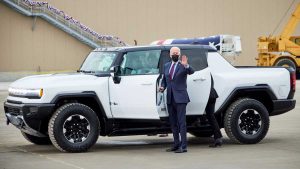
The debate over the rules governing EV credits continues to heat up, with politicians from both sides of the aisle weighing in on the issue.
Most recently, Senate Energy Committee chair Joe Manchin criticized the new rules, arguing that “American tax dollars should not be used to support manufacturing jobs overseas.” He added that it was a “pathetic excuse to spend more taxpayer dollars as quickly as possible and further cedes control to the Chinese Communist Party in the process.”
Meanwhile, Treasury has not yet issued guidance on “Foreign Entities of Concern,” a provision set to start in 2024 that would bar credits if any components or minerals used in EV batteries are made in countries like China.
The proposed rules have also attracted attention from the private sector. Ford recently announced a $3.5 billion investment in an EV battery plant in Michigan that will use technology from Chinese battery company CATL. In response, Republican Senator Marco Rubio has introduced legislation seeking to block EV tax credits for batteries produced using Chinese technology.
The public will have until mid-June to comment on the proposed guidance. It remains to be seen how the debate over EV credits will ultimately play out. However, the issue is shaping up to be a contentious one with far-reaching implications for the future of the EV industry.
Related
Biden And EU Leader In Talks That Could Expand EVs That Qualify For U.S. Tax Credits
Biden Unveils Investments for Affordable EVs

